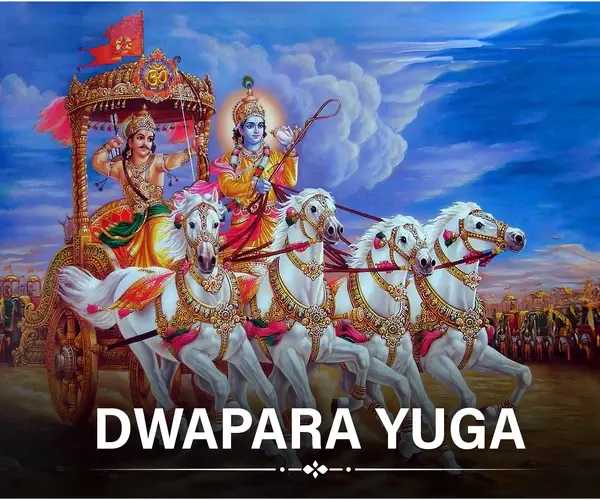Kathmandu: Year 1990...
- harish segon

- May 9, 2021
- 2 min read

Nepal was a Hindu kingdom, ruled by the King for generations. Political parties in Nepal were banned and country was ruled through a partyless Panchayat System. When I was posted in Kathmandu as AIR correspondent in 1989, the multiparty movement for the restoration of democracy had already started. It was spearheaded by the nepalese congress.
All political parties were banned and no political activity of any kind was permitted. The political parties devised novel methods to stay in touch with the press. For instance, the banned Nepalese congress would invite the press to a specific location for tea and then lock the room from outside. Mostly, the police would reach the spot after the press briefing was over and journalists had dispersed.
The Modus operandi of Communist Party of Nepal, Marxist Leninist (CPN, ML) group was like a sequence from a Bollywood movie. The party would call journalists mostly in groups of two to brief them. Once, me and a colleague from Hindustan Times, Mr. R.K. Mathur were invited. Once we agreed, we were told to reach a specific point and wait. We were informed that someone would meet us with a rose in hand and our code word would be, Aaj mausam kitna suhana hai (Today the weather is very fine). I was both amused and excited.
We followed the instructions, and in true Bollywood style a man came to us with a rose in hand and uttered the code word. Once we reciprocated, he took us to a waiting car with dark glasses and asked us to get inside. I was quite taken aback, and almost shouted at him, ‘what the hell are you doing?’ His calm reply was that, I am doing my duty. Please cooperate. Shivers went up and down my spine. But nothing could be done at that time. The car halted somewhere after an hour’s drive.
We were taken inside a building where the CPN (ML) leaders apologized for the inconvenience caused. They said that they had no option as police was searching for them. The briefing lasted 90 minutes. They dropped us at the same point from where we were picked up. The whole experience was like a nightmare, which haunted me for a long time.
In Nepal, Mr. Ganesh Man Singh was called the supreme leader with love and respect by the Nepali Congress and people of Nepal. He played a pivotal role in the restoration of Democracy in Nepal. As the movement gained momentum, the Nepalese Government felt threatened and put Mr. Ganesh Man Singh under house arrest. His son, an active member of the party, gave me a ring to inform me about the matter. I immediately contacted General News Room, New Delhi and filed the story. The news was carried in all day bulletins. All India Radio was first with the news. Even British Broadcasting Corporation (BBC) gave credit to AIR for the news. It was considered a big win for the AIR.





This is not my first time participating link in a charity auction, Lu said. "I've participated in Only Watch. I've participated in Children Action. This link is such a historic moment; we have two super-prestigious brands that have come together to help out the environment. I think it's link fantastic."
I’ve always preferred models without the Cyclops to the date versions and that’s still true, but as mentioned in the Red Sub article, the warm lume link plus the dated kitsch of the link Top Hat link crystal can’t be denied.
In many ways, the '90s were link a transitional period for mechanical watchmaking as a whole. If link the 1980s was the decade when the Swiss watch industry began to get its mojo back in the face of the Quartz Revolution, then the '90s was when the interest and link market for mechanical watches began to take serious steps forward, internationally.
My link week with the MoonSwatch was less about the watch and more about my own meditations on the moment. If Swatch continues link to relegate these link pieces to brick-and-mortar stores, potential buyers will continue to line up outside – though not necessarily by the thousands.
Nominated watches: Chopard L.U.C 1860 Flying Tourbillon, Daniel Roth Tourbillon Souscription, H. Moser & link Cie. Streamliner link Tourbillon Skeleton, link Rémy Cools Tourbillon Atelier, Sartory Billard SB06-24HM "La Nuit," Voutilainen Tourbillon 20th Anniversary